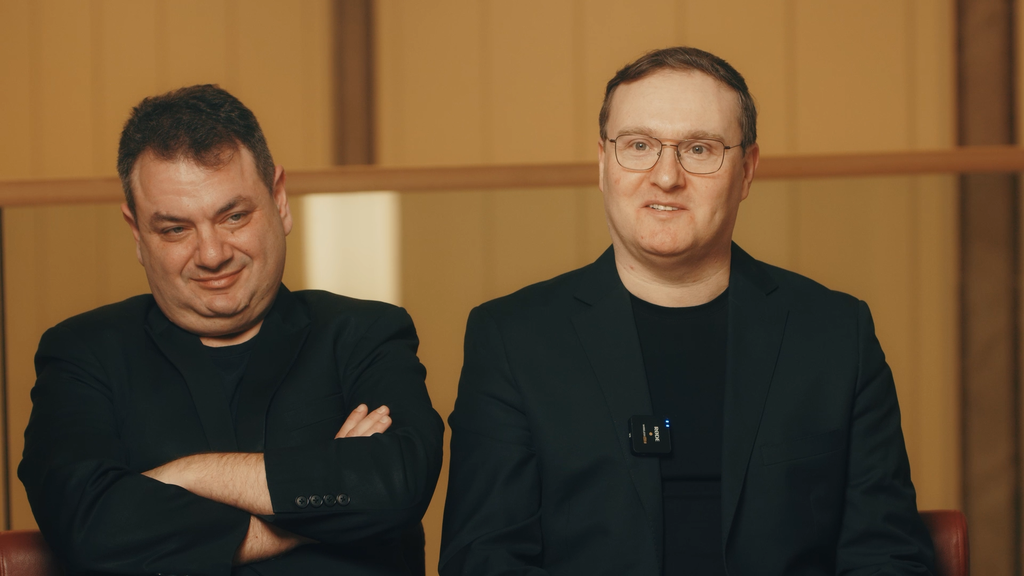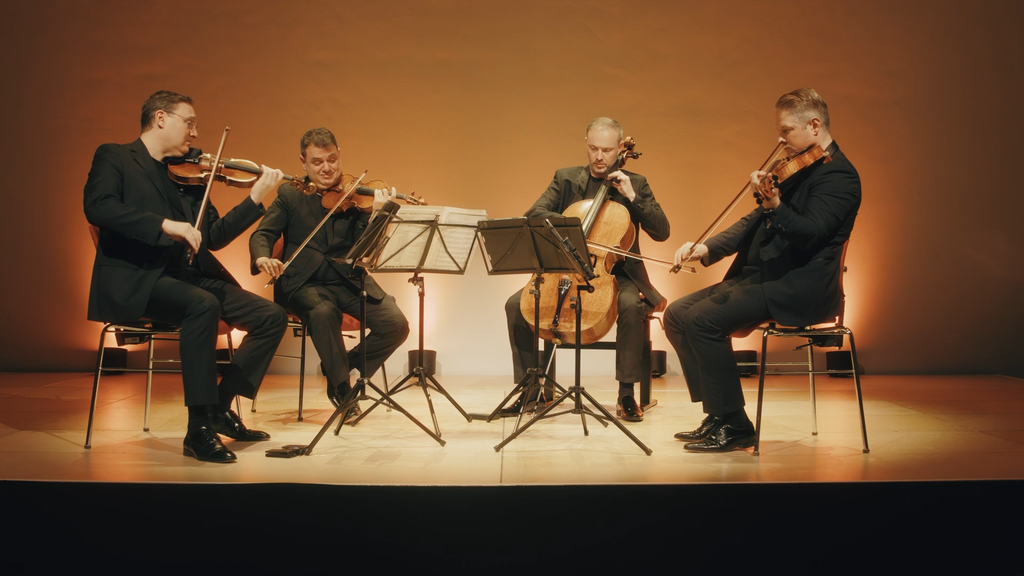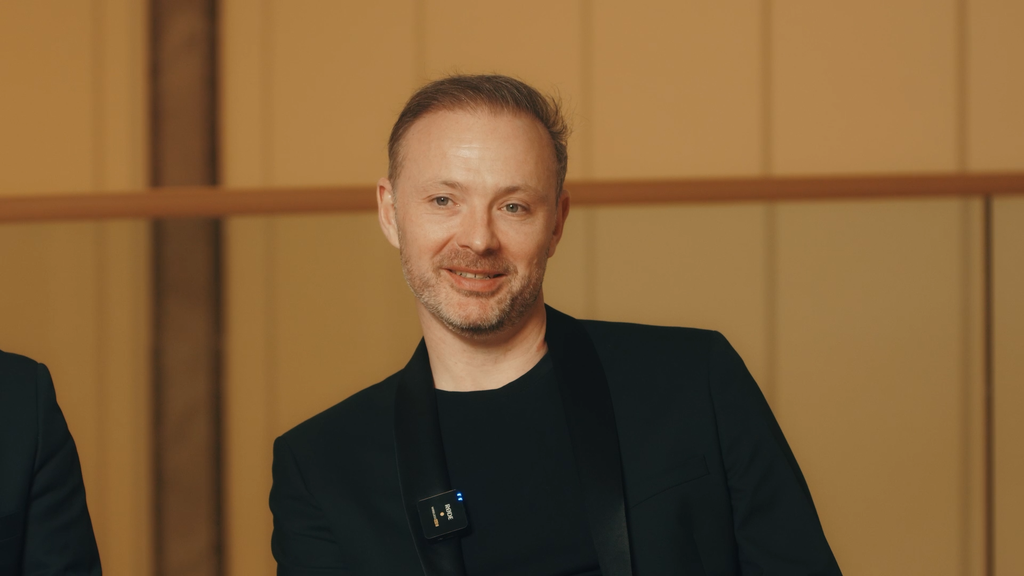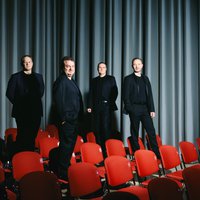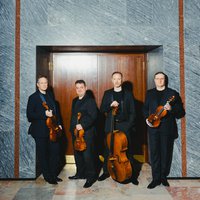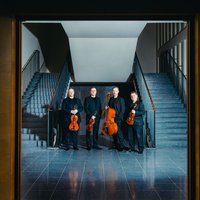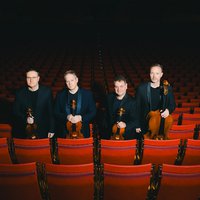From September 18 to 23, 2025, they will perform all of Dmitri Shostakovich’s string quartets in five concerts in Bonn and Cologne – the Jerusalem Quartet talks about the Soviet composer’s deeply personal music.
Jerusalem Quartet
»Shostakovich is a part of our history«
What is the significance of Shostakovich’s quartet cycle?
It is the greatest cycle written for string quartet in the 20th century. And the most personal one, as well: For the composer, it is almost like his diary. His most intimate ideas are written in the quartets. The pieces are also personal to him, because most of them are dedicated to family members and very dear friends and colleagues. The cycle is also a mirror of the history of the former Soviet Union. From the 30s to the 70s, over 50 years of history.
How do we approach this music today?
For us it’s a music which you quite easily connect to. It contains lots of »ultra« contrasts: from very beautiful romantic melodies until grotesque and brutal places, where all the emotions and the power of time is exploded. When the listeners hears the whole cycle, as is possible here at Beethovenfest, it will become much easier to connect to this music. They will be connected to the world of Shostakovich, the historical events and the powerful messages of this music.
Do the pieces have explicit messages that can be deciphered?
It may be more ambivalent that that. Actually, the audience should expect many traps in this music. Shostakovich was under huge pressure from the government. The things that he could express in his music are not necessarily black and white. Many times, he writes a melody, that seems happy on the first impression, but actually has a lot of pain. On the other side, you have moments that are so scary and sad, but they are full of hope and light. Look for these special moments!
What connects you to this cycle of quartets?
Three of us were born in different places of the Soviet Union, in Ukraine and Belarus. In the Soviet musical education system, Shostakovich was a huge part. We studied with teachers who hat personal connections to Shostakovich or worked with him, for example violin professor Mattwei Liberman and cello professor Michail Chomitser. So this music is in our DNA. We understand and feel it. Somehow it feels very natural for us to play it.
The Shostakovich cycle at Beethovenfest
- , Volksbank-Haus
Jerusalem Quartet: Shostakovich I
Chamber Music
- , Kölner Philharmonie
Jerusalem Quartet: Shostakovich II
Chamber Music
- , Beethoven-Haus Bonn
Jerusalem Quartet: Shostakovich IV
Chamber Music
